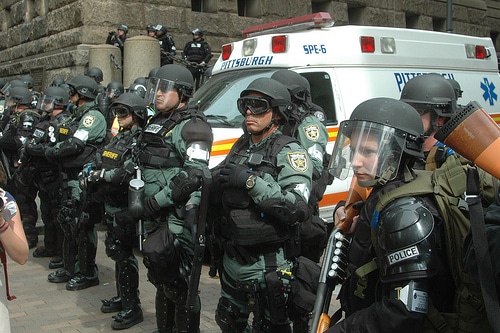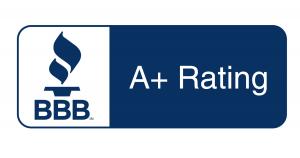Illegal Search and Seizure

The amendment reinforces the idea that an individual’s home is his castle and should be secure from an unwarranted seizure of property. The law provides protection against capricious arrests and serves as the foundation for a host of other state and federal laws, including those governing search warrants, stop-and-frisk rules and surveillance.
For example, Pennsylvania law lays out the conditions under which a police officer can arrest an individual without a warrant, based on probable cause of behavior that puts other individuals or property in danger. Such an arrest can relate to disorderly conduct, public drunkenness, obstructing public roads, illegally possessing or consuming liquor, and other potentially criminal acts.
Under the Fourth Amendment’s exclusionary rule, any evidence that police obtain in a way that violates the amendment cannot be used in criminal proceedings. But what is an “illegal” or “unreasonable” search? The amendment leaves open many aspects of searches and seizures to interpretation by the courts. Over the years, courts have weighed in on what constitutes probable cause, when search warrants are required and a host of related legal issues.
Digital Search and Seizure
In recent years, the rise of electronic communications has made interpretation of laws relating to illegal search and seizure even thornier as Internet- and computer-related crimes have increased. Significant evidence of crimes is often found on hard drives, smartphones and other electronic devices, and the courts have ruled that the Fourth Amendment applies to search and seizure of such items.
Case law has been divided on searches of computers owned by businesses and used by employees. In the majority of cases, courts have found that employees do not have a reasonable expectation of privacy regarding information on company-owned computers, and in 2010 the U.S. Supreme Court ruled that the lack of an expectation of private communications extended to text messages sent on a company-owned mobile device.
Wiretapping and other forms of electronic surveillance also have led to significant Fourth Amendment litigation in recent years.
What Is Protected Against Illegal Search and Seizure?
Courts determine what the Fourth Amendment means by “search” or “seizure” in given situations. Not all conduct and not all situations are protected by the amendment.
U.S. law prohibiting illegal search and seizure is intended to protect citizens’ freedom from unnecessary intrusions by government and the right to privacy. To make a legal claim under the Fourth Amendment, an individual must demonstrate that they have a reasonable expectation of privacy — defined as an expectation that society, in general, would consider reasonable under the circumstances.
For instance, searches of homes and other buildings without warrants typically are illegal except in specific, justified cases. However, a seizure without a warrant of an abandoned property usually would not constitute a violation of the Fourth Amendment. In Pennsylvania, officers need only probable cause, and not a search warrant, to search a vehicle.
What Are ‘Reasonable” Searches and Seizures?
Courts have determined that under the Fourth Amendment, a “search” refers to a violation of an individual’s reasonable expectation of privacy by a government agent or employee. For example, dog-sniff inspections are considered invalid if they are conducted in violation of a reasonable expectation of privacy, and courts also have categorized electronic surveillance as a “search” under the law. However, strip searches and body cavity searches, when conducted with probable cause, are generally considered to be legal searches, as long as they are carried out in a “reasonable” manner.
The Role of Search Warrants
Under state and federal laws, search warrants are almost always required for searches and seizures. To have a search warrant issued by a judge or magistrate, a law enforcement officer must show probable cause to justify the warrant.
In specific cases, a search and seizure may be allowed without a warrant if obtaining the warrant is impractical. In addition, officers can conduct warrantless searches or seizures in circumstances including:
- When an individual has given consent.
- Specific, brief stops.
- Searches relating to an arrest.
- Seizures of items in plain sight.
Have You Been Subject to Illegal Search and Seizure?
If you believe you’ve been the victim of unlawful search and seizure in Pittsburgh, you may have recourse under the law. For a free consultation with an attorney experienced in issues relating to illegal search and seizure, contact the Pittsburgh law office of DeLuca, Ricciuti & Konieczka.









